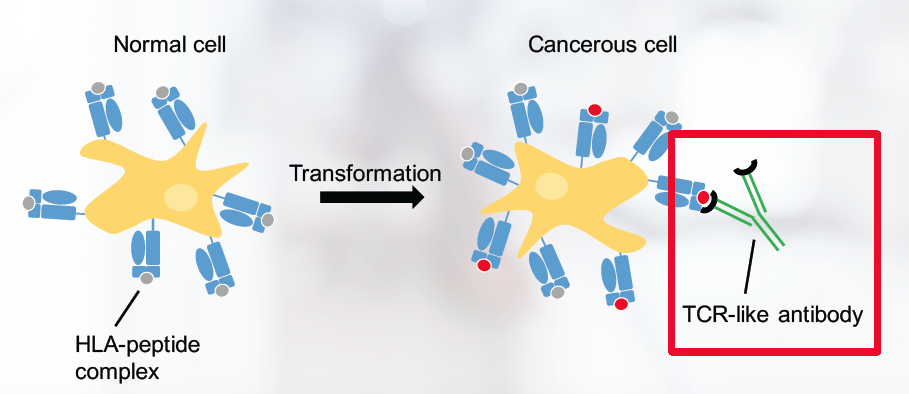UTA’s AbeXXa Biologics named one of 40 "Best University Startups 2017" by National Council of Entrepreneurial Tech Transfer

AbeXXa Biologics, a faculty startup at The University of Texas at Arlington, was named one of the 40 “Best University Startups 2017” by the National Council of Entrepreneurial Tech Transfer, a Washington-based association of startup officers from the top research universities in the United States.
AbeXXa Biologics co-founder and chief scientific officer, Jon Weidanz, is a UTA biology professor and associate vice-president for research. He has worked for more than 25 years in the immuno-oncology field and has already developed two successful life science startups.
Jon Weidanz co-founded the company with UTA alumna Debra Wawro Weidanz, who serves as chief executive officer. Ms. Weidanz brings many years of experience as an inventor and entrepreneur and previously co-founded the life science startup company Resonant Sensors Incorporated based on technology invented at UTA.
“Through AbeXXa, we are identifying a new series of biomarkers or targets for cancer from the many thousands of proteins found within a tumor cell, a new field of research that could potentially result in immunotherapies that prove effective for a broad range of patients,” Jon Weidanz said.
In any cell, protein molecules are continually synthesized and degraded, breaking up into smaller pieces known as peptides. These peptides bind with cell surface proteins known as the major histocompatibility complex or MHC, which plays an important role in immune response.
In cancer cells, the protein compositions are different. By identifying the specific peptides that bind to MHC in cancer cells, it is possible to establish biomarkers for the disease and develop new cancer therapies.

“Current therapeutic antibodies target cell surface or secreted proteins and not intracellular proteins,” he continued. “We are developing different platforms for using the antibodies, including coupling cytotoxic drugs to immune or T cell receptor-like antibodies to deliver therapy to the cell. Another possibility would be for the T cell receptor-like antibodies to be used to genetically modify immune cells to attack these specific intracellular targets.”
Jon Weidanz recently demonstrated the effectiveness of his modified T cell receptor or TCR-like antibody-drug complexes against cancer in a new paper, “TCR-like antibody drug conjugates mediate killing of tumor cells with low peptide/HLA targets,” which was published in mAbs, an international journal that focuses on antibodies.
“Our data showed proof-of-concept results for our TCR-like antibody coupled with a cytotoxic drug to kill tumor cells,” Jon Weidanz added. “Efforts are now underway to improve clinical efficiency by improving the properties of this conjugate therapy, which enables sensitive discrimination between healthy and diseased tissue.”
AbeXXa Biologics is housed at the Shimadzu Institute for Research Technologies in the NanoFab Building on the UTA campus, and already has 12 employees. The company is also setting up an office and laboratory at LabCentral in Cambridge, Mass., after winning a Massachusetts Biotechnology Council- sponsored Innovation Day competition earlier this year. Two of the new employees are UTA doctoral students and the company has also hired an intern for the summer from the College of Business.
Duane Dimos, UTA vice president of research, underlined the increased role of start-ups as part of the entrepreneurship and innovation ecosystem developing on campus.
“AbeXXa Biologics is already one of the largest users of Shimadzu Institute for Research Technologies equipment and is fully integrated in the UTA community, creating new opportunities for graduate students and even our business school students,” Dimos said.
“Going forward, we expect to see many more UTA research initiatives move out of the lab and into the marketplace,” he added.